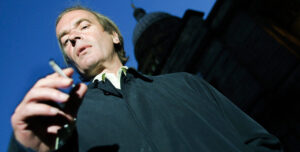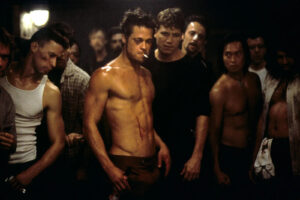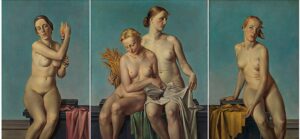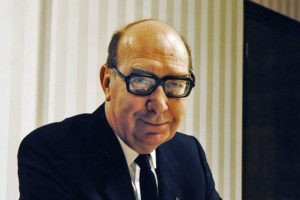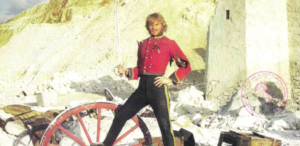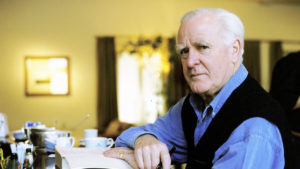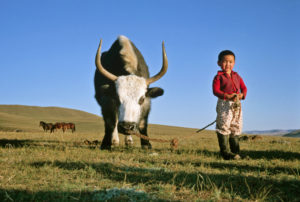“This is the story of a sexual trauma,” writes Martin Amis, opening his 2010 novel The Pregnant Widow. “He wasn’t at a tender age when it happened to him. It was the opposite of torture, yet it twisted. It ruined …
How to read like a man
A strange and telling bit of literary trivia is that two of the greatest English-language novelists of the last half-century — Cormac McCarthy and Don Delillo — were not big readers when they were boys. Both took up reading as …
The excoriating comedy of Auschwitz
The most-told joke about Auschwitz surfaces in different forms. As I first heard it while a teenager in “north London” — not just a cluster of adjacent postcodes, of course, but shorthand for a mindset that one kind of pundit …
Why men need bad-boy literature
In so many ways, the “crisis of masculinity” is a crisis of imagination. We have a vivid, if generalised, image of its victim: the lost boy of modernity surrounded with his clichés of video games, online porn and Jordan Petersons. …
Why you should read like a child
Back in the 18th century, Immanuel Kant grandly described the Enlightenment as “man’s emergence from his self-imposed childishness”. But we live, we’re told, in an age desperate to reverse it. Grown-ups, apparently, aren’t what they used to be. At a …
The liberal complacency of Martin Amis
English culture has produced a number of cliques and coteries in its day, from the Pre-Raphaelite Brotherhood and the Bloomsbury Group to Macspaunday (otherwise known as the Thirties poets Louis MacNeice, Stephen Spender, W. H. Auden and Cecil Day Lewis). …
Martin Amis knew the horror of words
Years after I first read The Rachel Papers, I bought the copy of Hamlet that Martin Amis had owned as an Oxford student from a book dealer in Charing Cross. It had his undergraduate jottings in the margins and his …
Philip Larkin was a filthy genius
If literary reputations can be likened to a stock market, fluctuating on the tides of taste and time, Philip Larkin crashed in 1991. Until then he had been a strong buy, the unofficial post-war laureate, more synonymous with his time …

